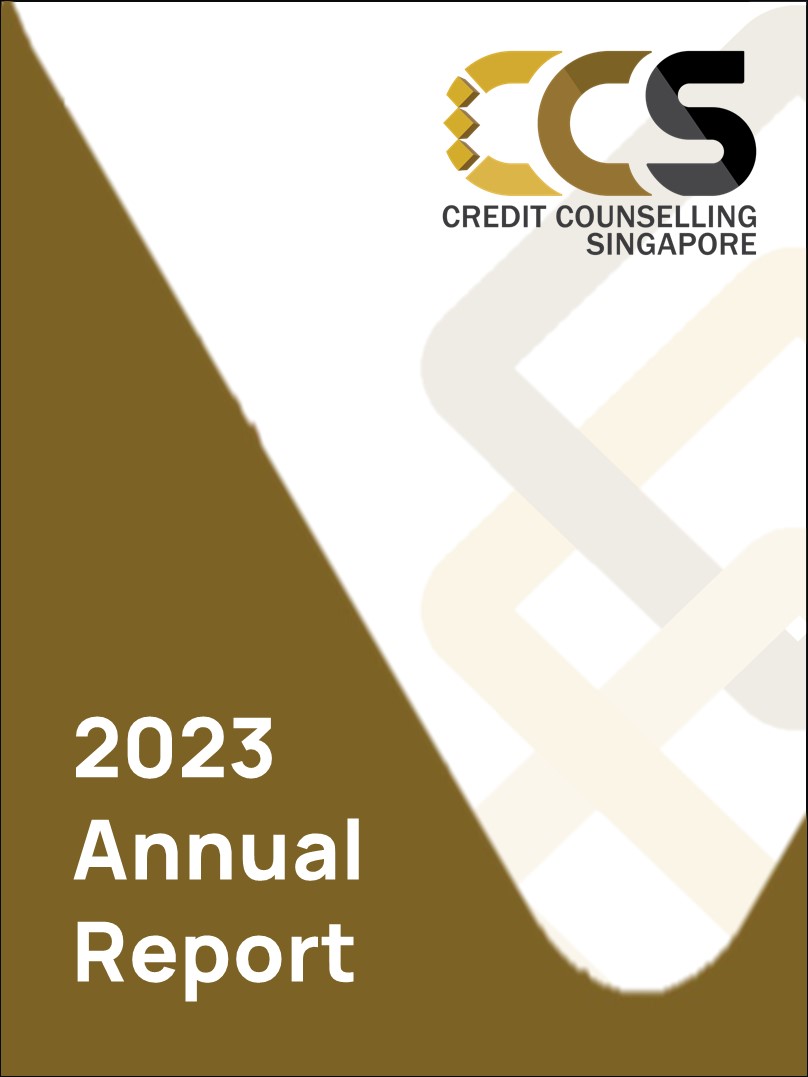Every little thing You Need to Find Out About Credit Counselling Services - EDUdebt for Better Financial Preparation
Every little thing You Need to Find Out About Credit Counselling Services - EDUdebt for Better Financial Preparation
Blog Article
Comprehensive Guide to Effective Debt Therapy Approaches for Sustainable Financial Wellness
Browsing the intricacies of individual finance can be an overwhelming job for numerous individuals seeking to accomplish lasting economic health. The world of credit history counselling stands as a sign of assistance in this elaborate landscape, using tailored strategies to encourage people in the direction of far better economic results. From understanding credit score scores to mastering debt monitoring methods, a detailed strategy is essential. Join us as we unwind the layers of reliable credit rating coaching methods developed to lead the way for a much more prosperous and secure economic future.
Understanding Credit Scores Ratings
Recognizing the relevance of credit report is vital for managing personal financial resources effectively. A credit history is a mathematical representation of an individual's credit reliability, suggesting to lending institutions the level of risk related to extending credit score to that individual. It is a crucial variable that affects the rate of interest provided on car loans, bank card authorizations, and even rental applications.

Monitoring one's credit report frequently can help identify inconsistencies or deceptive tasks that might negatively impact their economic health. By understanding credit rating and the habits that influence them, people can make informed economic decisions, develop a positive credit report, and work in the direction of attaining their lasting economic objectives.
Budgeting and Expenditure Monitoring
Establishing an extensive budgeting strategy and carefully tracking expenses are essential techniques for individuals making every effort to achieve economic security and control over their monetary resources. A budget plan functions as a roadmap, laying out revenue sources, fixed expenditures like rental fee or lending payments, variable expenditures such as groceries and entertainment, and financial savings objectives. By developing a spending plan, individuals get a clear understanding of their financial standing and can make enlightened choices on costs and saving behaviors.
Expenditure tracking matches budgeting by giving an in-depth account of where cash is being invested. This process includes taping all expenses, whether tiny or large, to determine locations where spending can be enhanced or lowered. Using devices like budgeting applications or spreadsheets can simplify expense monitoring and deal understandings right into spending patterns gradually.
With consistent budgeting and cost tracking, individuals can proactively manage their financial resources, prevent overspending, and job in the direction of accomplishing their financial objectives. These practices promote responsibility and encourage individuals to make calculated financial decisions that align with their long-term objectives.
Financial Obligation Management and Loan Consolidation
Having actually established a strong structure with budgeting and cost monitoring, the next vital action towards accomplishing economic wellness entails reliable financial debt monitoring and consolidation techniques. Financial debt administration is the procedure of creating an organized strategy to repay debts in a prompt fashion, while debt combination includes integrating several debts right into a single settlement, usually with a lower rates of interest.
One key approach in financial obligation monitoring is focusing on financial obligations based upon rate of interest and quantities owed. By paying off high-interest financial debts first, people can lower the general interest paid helpful resources gradually. Furthermore, bargaining with lenders for reduced rates of interest or establishing up a convenient payment strategy can help individuals remain on track with their financial debt payment.
Debt combination can streamline the repayment procedure by incorporating several debts into a solitary regular monthly repayment. This can make it much easier to track and handle debts, potentially lowering month-to-month payments and overall passion prices. However, it is vital to carefully think about the page terms of the consolidation financing to guarantee it is really useful in the lengthy run. By applying reliable financial obligation monitoring and combination methods, people can function in the direction of decreasing their debt problem and accomplishing greater monetary security.

Credit History Structure Methods
In addition, maintaining credit rating usage reduced, preferably below 30% of the overall credit report restriction, demonstrates liable credit score administration. Frequently keeping track of credit reports for mistakes and inaccuracies is also vital, as fixing these concerns can protect against negative impacts on credit report scores. One more approach is to end up being a certified individual on somebody else's credit report account, profiting from their favorable credit background.
Financial Education and Preparation
To even more strengthen their economic structure, people can boost their credit-building progression by getting thorough monetary education and learning and creating a critical preparation structure. Financial education and learning plays a critical role in empowering individuals to make enlightened decisions concerning their money administration. By recognizing crucial monetary important site concepts such as budgeting, conserving, spending, and financial debt monitoring, people can navigate the complexities of personal finance better.
Moreover, calculated financial planning is important for establishing and attaining long-lasting monetary objectives. Developing a comprehensive monetary strategy that lays out earnings sources, expenses, financial savings targets, and investment strategies can assist individuals remain organized and concentrated on their financial objectives. Frequently readjusting this plan and examining in reaction to modifications in earnings, costs, or financial objectives is additionally crucial to guarantee its effectiveness.
Verdict
In conclusion, effective credit scores coaching strategies are necessary for accomplishing sustainable financial wellness. By understanding credit report ratings, budgeting, handling financial debt, developing credit report, and economic education and learning, individuals can boost their monetary health and wellness and make informed choices.

Furthermore, keeping credit report use low, ideally listed below 30% of the overall credit history limit, demonstrates responsible credit history administration. By comprehending credit rating scores, budgeting, handling financial obligation, building credit report, and economic education, people can enhance their financial health and wellness and make informed choices.
Report this page